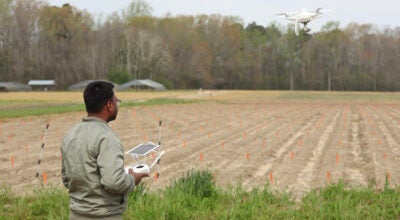What to do about swine flu
Published 10:21 pm Wednesday, September 16, 2009
The HINI flu virus (better known as the swine flu) struck too close to home for many Suffolk residents last week when the virus was said to have contributed to the death a female teenager in Windsor.
While the Centers for Disease Control has reported 593 deaths nationwide from the virus, medical experts said there is no reason for alarm.
“The best thing people can do is not panic,” said Dr. Steve Julian, vice president of medical affairs for Sentara Obici Hospital.
Julian repeated the message that has been sent time and time again since the swine flu broke earlier this year.
“People need to take the simple measures that would go so far in reducing the risk of infection of any kind,” he said.
For instance, people need to remember to cover their coughs, use hand sanitizer and wash their hands.
“Frequent hand washing is the most important thing and people do not do enough of it,” Julian said. Additionally, if people feel like they have flu symptoms, they should stay at home instead of going to work, social settings or doctor’s offices that will spread the virus further.
Julian added that people should also get their seasonal flu vaccinations as soon as possible. There is a HINI vaccine in development, but best estimates have the vaccine arriving sometime in mid-October. Julian said there is still a lot that is unknown about the vaccine, so people need to pay attention to media outlets when the time comes to know what the protocol will be.
As far as the medical community, Julian added that Sentara Obici Hospital has elaborate plans in place in case the swine flu does become an epidemic.
“We’re loading for bear but hoping we’re only shooting for squirrel,” Julian said. “We’re very prepared and we’re hoping for a Y2K-type situation, where everyone was all worried and nothing came. That is not a bad thing in healthcare.”






